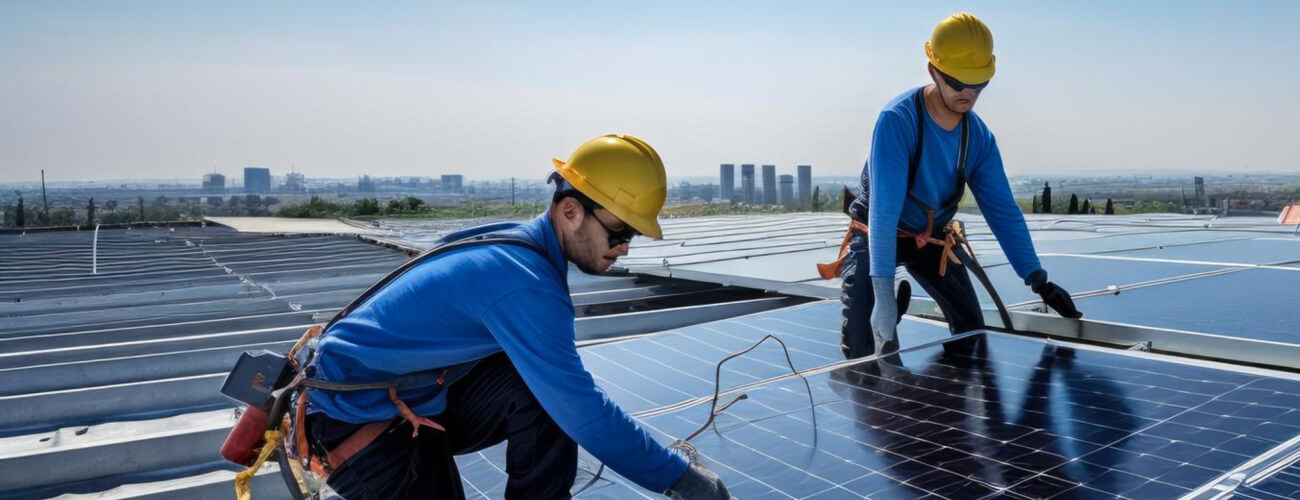Energy recovery is a crucial aspect of sustainable distillery operations. Distilleries consume large amounts of energy during the distillation process, primarily in the form of heat. Recovering this energy not only reduces operational costs but also minimizes the environmental impact of the distillery.

Distilleries are known for their energy-intensive processes, requiring significant amounts of heat for distillation. However, with the advancement of technology, high temperature heat pumps have emerged as a viable solution for recovering energy in distilleries. In this article, we will explore the benefits and implementation of high temperature heat pumps, including Mechanical Vapour Recompression (MVR), Thermal Vapour Recompression (TVR), and waste heat water or air sourced heat pumps, in distilleries.

MVR heat pumps utilize mechanical compression to increase the temperature of vapor streams, allowing for efficient heat recovery. In malt distilleries, MVR heat pumps can be employed to recover heat from vapor streams generated during distillation.
TVR heat pumps utilize thermal compression, where the vapor is compressed using thermal energy instead of mechanical energy. This method is particularly effective in malt distilleries, where high-temperature vapor streams are readily available.
Waste heat water or Air sourced heat pumps utilize the heat from waste streams (water, effluent, hot air) to generate hot water or steam for various processes within the distillery. By tapping into this otherwise wasted heat, distilleries can significantly reduce their energy consumption.
High temperature heat pumps offer several benefits for malt distilleries:
Implementing high temperature heat pumps in distilleries involves several steps:
Implementing Pinch Analysis involves several steps, including data collection, process modelling, and heat integration design. Engineers gather information about the heat capacities and flow rates of various streams and use process simulation software to model the thermal behaviour and identify heat transfer opportunities.
Energy optimisation in process plants prioritises key areas in the following sequence: processes, heat exchanger network, energy storages, energy transformation, and energy supply. Pinch analysis specifically targets optimising the heat exchanger network, energy storages, and energy transformation to enhance overall efficiency.
Our team at Integro Design Engineering Associates Ltd has helped several plants including distilleries to
successfully implement pinch analysis to optimise energy recovery and reduce operational costs.
The implementation of high temperature heat pumps has yielded tangible results for malt distilleries:
As technology continues to evolve, new trends and innovations are emerging in the field of energy recovery for distilleries. Advancements in heat pump technology, such as improved efficiency and scalability, are driving further adoption and implementation.

Monday – Saturday
12:00 pm – 14:45 pm
Sunday – Thursday
17:30 pm – 00:00 pm
Friday – Saturday
17:30 pm – 00:00 pm
Copyright © 2024 Distill-RE. All rights reserved.